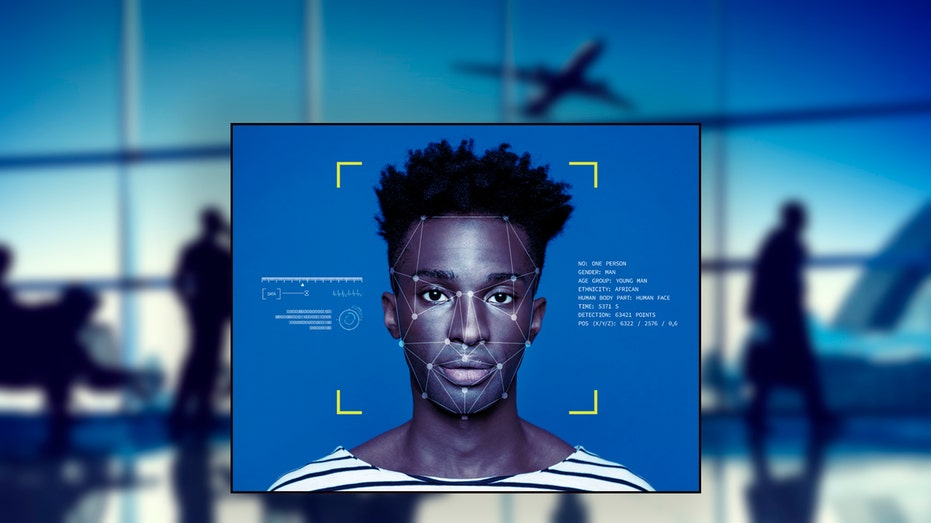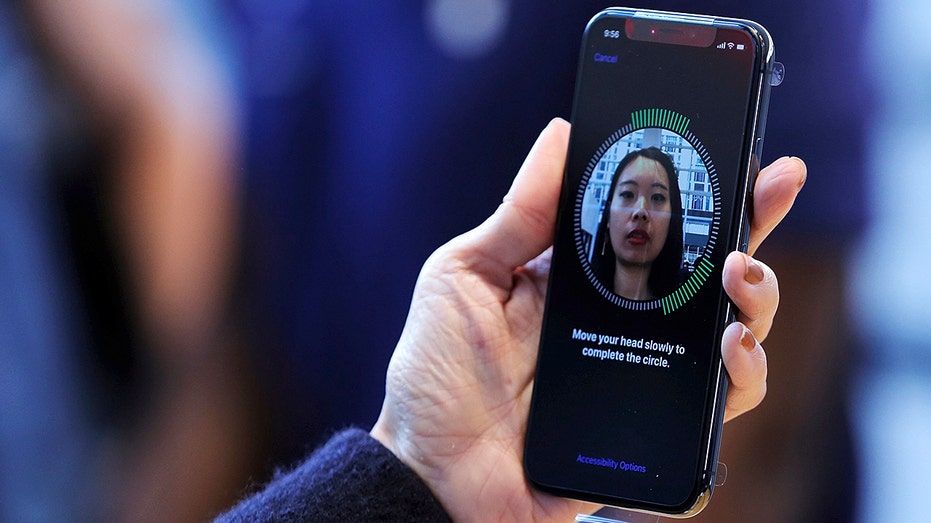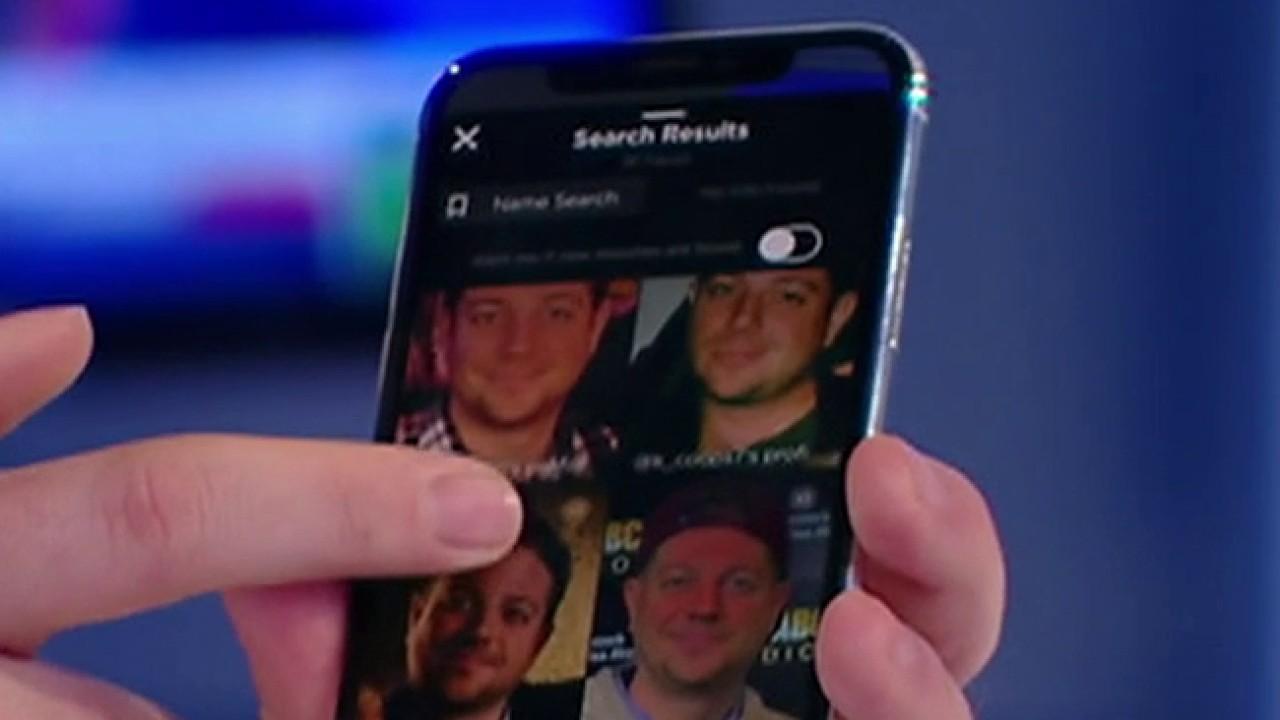What is facial recognition?
iPhones are capable of creating more than '30,000 invisible dots to create a depth map' of a user's face
Facial recognition is a digital security tool that can unlock devices or specific features on devices by recognizing a human face.
The tool is a form of artificial intelligence technology, which is the ability of computer systems to perform tasks that normally require human intelligence. In the case of facial recognition, a computer system performs a task that normally requires visual perception.
Apple iPhone users can use facial recognition on their phones as a way to unlock their devices if they choose, or they can set up a passcode. Most recent iPhone models also offer finger-print recognition technology for the same purpose.
In the case of iPhone facial recognition specifically, a phone with this capability uses a special camera that can capture and analyze more than "30,000 invisible dots to create a depth map" of a user's face and capture infrared images in just seconds, according to Apple's website.

Facial recognition in use at an airport departure lounge / iStock
Apple adds that the feature helps to protect devices from potential bad actors or thieves who want to gain access into a user's phone; the chances of an iPhone recognizing a stranger as a phone's owner are one in a million, Apple's website states.
Despite the convenience and security benefits of the feature, some civil rights and privacy activists argue that facial recognition technology could be used as a biometric tracking tool.
In other words, facial recognition may expose people to mass surveillance even when they don't give consent.
American Civil Liberties Union senior policy analyst Jay Stanley said in a 2017 article after Apple rolled out its new facial recognition-capable phones that the ACLU's "big worry" with face recognition is that it "will be used to identify and tag people in new, privacy-invasive contexts, leading ultimately perhaps to a pervasive system of identification that tracks Americans in their every movement."
EU EYES AI REGULATION. HERE'S WHAT IT COULD MEAN
"Face recognition from mobile phone unlocking could certainly in the future become a key part of such a surveillance infrastructure," he wrote.
Apple disabled a disgraced facial recognition app called Clearview AI in late February after reports that Clearview violated the tech giant's privacy rules surfaced.
Clearview AI uses AI technology to connect photos from its enormous collection pulled from Google, Facebook, Instagram and other social media to specific individuals; it was originally intended for law-enforcement use, but investigators found a different reality.

A woman sets up her facial recognition as she looks at her Apple iPhone X at an Apple store in New York, U.S., November 3, 2017. REUTERS/Lucas Jackson
More than 2,200 public and private groups including more than 600 law enforcement agencies and popular brands like Macy's have used the app, according to a Buzzfeed report published Thursday.
GET FOX BUSINESS ON THE GO BY CLICKING HERE
The U.S. government filed a class-action lawsuit in February accusing the company of illegally using people's biometric information pulled from social media profiles without their consent.
Facebook also came under fire last year for its facial recognition tool.
The tech giant agreed in January to pay $550 million in the form of a cash fund to Illinois users who sued the social media company for collecting facial-recognition data as part of its photo-tagging tool. The settlement was the largest in the history of privacy-related lawsuits, according to a press release from a law firm representing the plaintiffs.
CLICK HERE TO READ MORE ON FOX BUSINESS
The users argued that the tool violated Illinois' Biometric Information Privacy Act.
"Biometrics is one of the two primary battlegrounds, along with geolocation, that will define our privacy rights for the next generation," Jay Edelson of Edelson PC said in a statement.




















